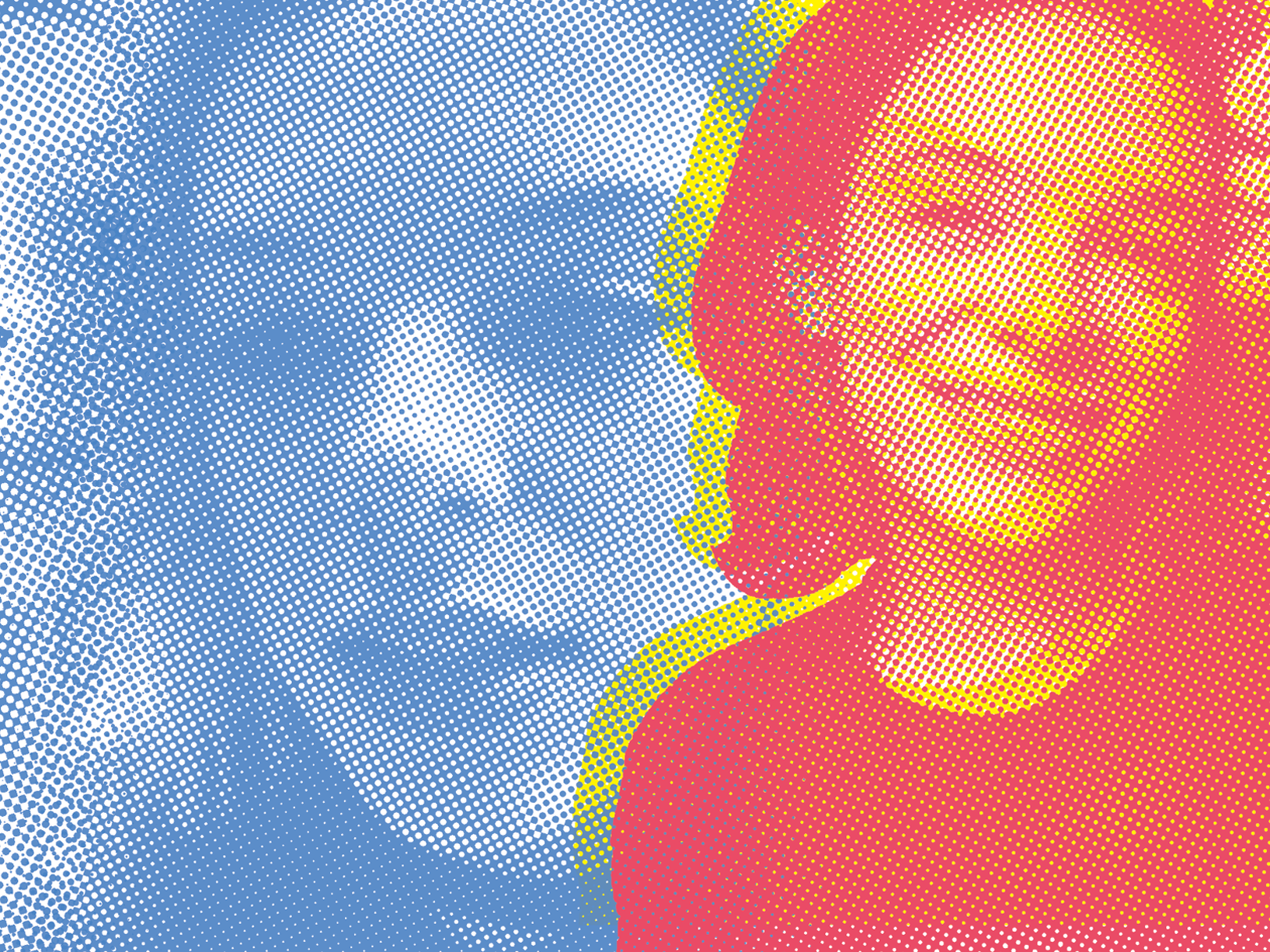This article appears in our November print issue. You can pick up a copy on newsstands around campus, or at our newsroom in room 520 in the University Center.
In my 2018 profile with the Free Press, I alluded to my transgender identity, telling my interviewer, “I don’t share every detail of my life online right now. There are some things, I want to talk about when the time is ready.”
One year later, I am publicly coming out as transgender to an audience of 100,000 YouTube subscribers. I remember filming my first YouTube video, a comedy skit I created with my best friend at the time, after coming home from spirit day in eighth grade. We spent the whole afternoon working on it, filming around my house, using whatever we could find as props. At that time, I had no idea what my YouTube channel would turn into. I didn’t even know if it was something I could commit myself to doing as a hobby; and yet, here I am, seven years later, still making videos and using it as my main source of income.
That video is now long-gone, archived along with hundreds of other embarrassing videos I have created over the span of my internet career, along with many failed attempts at coming out videos.
Keeping my trans identity a secret was never really an option for me growing up. My mother worked for Boston’s Public School system and I went to school with the same people basically up until I graduated high school and went to college. The same kids who knew me as Max Snyder, who watched me bring my barbies to school every day of kindergarten, were the same people I went to middle school with as Ella Snyder. For a lot of them, that made sense, and for the ones who it didn’t, they made sure to make my life as difficult as possible.
Very quickly, YouTube became the safest space I had to share my voice; it was my escape. On the internet, I existed solely as Ella Snyder, with little to no trace of my pre-transition self. I could be whoever I wanted to be, and no one knew that, off-screen, I was going to doctors’ appointments and meetings with my therapist, working hard to get to a place where I was happy with my body, while often being bullied and threatened at school.
When I transferred schools in ninth grade to a high school for the visual and performing arts, a lot of the bullying stopped. My new school was a lot more progressive and liberal, with a student body far more diverse than the last. A lot fewer people knew me there, as well. With a new-found ability to live life as a “normal girl,” I began to flourish. The young woman I was becoming, both on and off-screen, was much more confident. I was no longer afraid to hold back parts of my femininity in fear that it might scare people; I relished in the new-found feeling of normalcy.
As my channel grew, and my audience became larger and larger, so did the sense of guilt that I had for keeping such a large part of my identity a secret. I began to feel like I was lying to the world. This guilt led me into situations in which I didn’t feel comfortable. I filmed many coming out videos, uploaded as unlisted content, that ended up never being seen by the public. I volunteered to be a subject of a BBC2 documentary on transgender children in 2017. I even let myself be a medical exhibit, letting my endocrinologist use me as a living example in lectures at Harvard Medical School. Very quickly, I reverted back into feeling like some kind of a freak.
When I moved to New York for university, and started school at Parsons, being transgender felt like a very short chapter in my book of life. It was no longer something that I felt I was defined by. I had the privilege of passing in a new environment with thousands of new people who could affirm my womanhood without having to know I was assigned male at birth; it was bliss.
Fast forward two years to present day: I am the happiest I’ve ever been. Now a junior at Parsons, not only have I found my place within the university (and at risk of sounding cliche) but I am living my dream. My YouTube channel has reached 100,000 subscribers, I’m booking major modeling jobs with clients who assume I’m a cis-woman, I am in the healthiest and happiest relationship I have ever been, and my boyfriend just so happens to also be trans.
No longer burdened by the tormenting and discrimination I faced while I grew into myself, it only felt natural to come out now. This past summer I started binge-watching FX’s Pose. The trans-centric show set in the late 1980s changed my life. Seeing trans women on television and in a new context that celebrated them instead of ostracizing them, was the first time I’ve ever felt proud to be trans. In succession, this summer, HBO released the first season of their hit show Euphoria, which featured a trans character portrayed by Hunter Schafer. You don’t realize how important representation is until you see it and realize you haven’t had it once your entire life.







